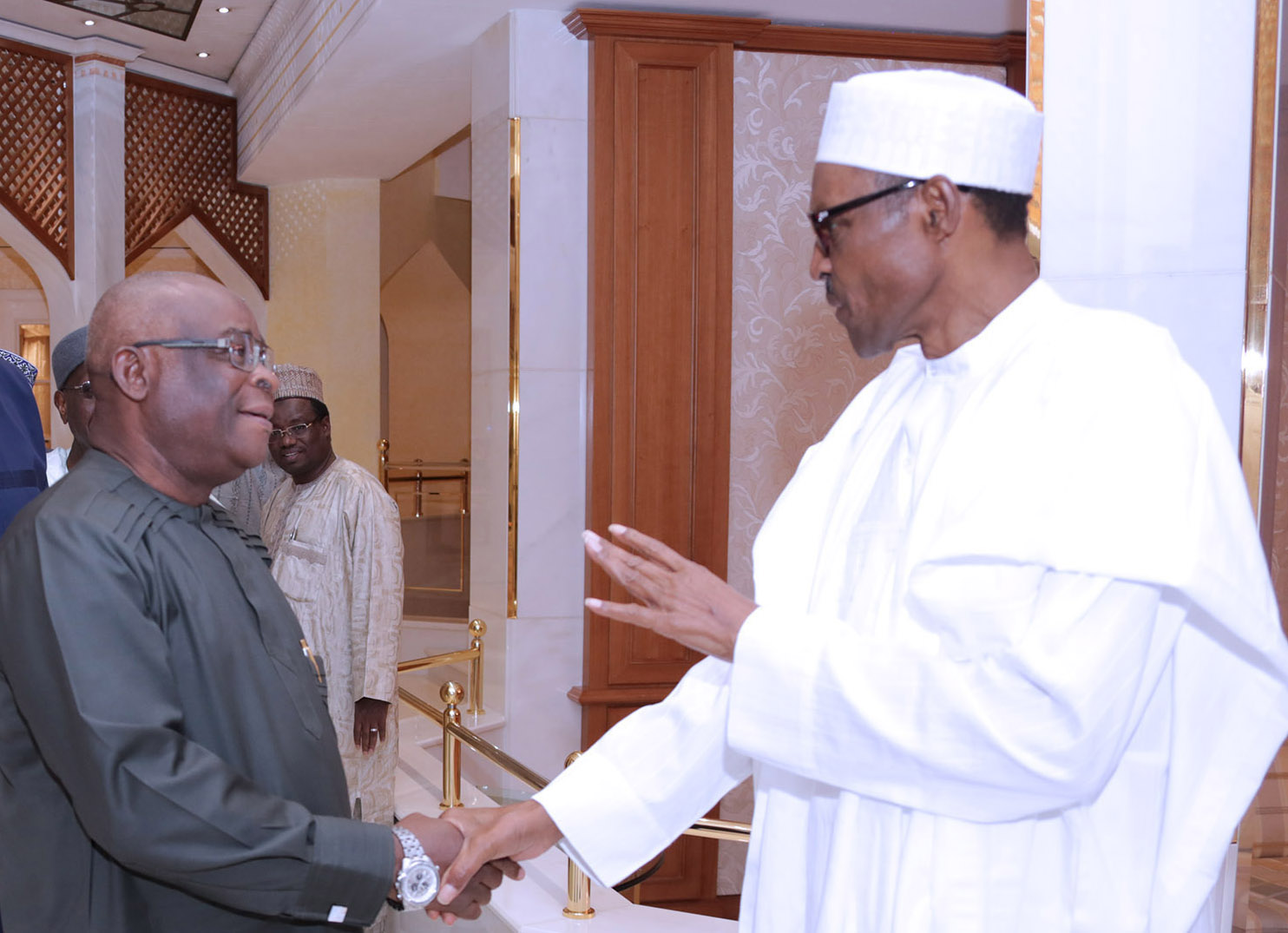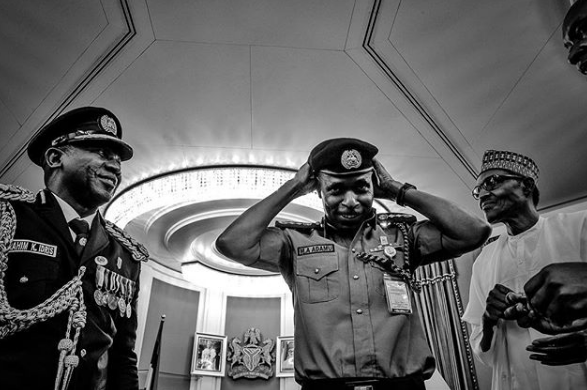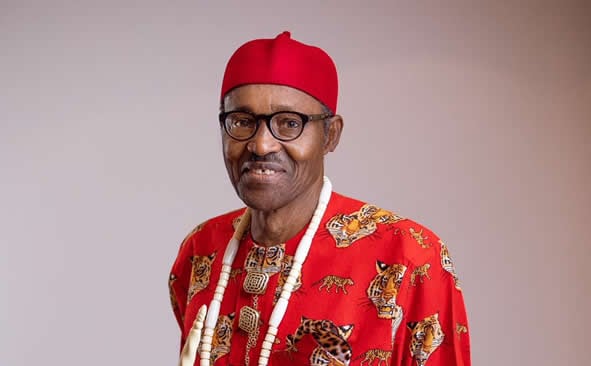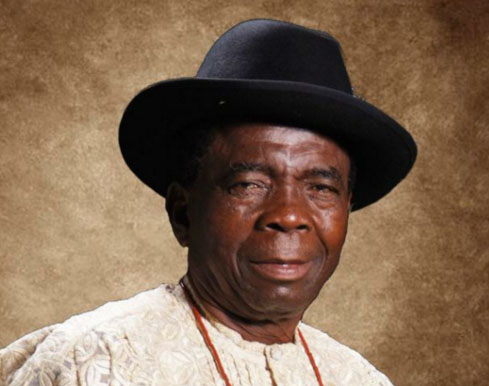BY ABUBAKAR D. SANI
Since the Court of Appeal delivered its seemingly ground-breaking decision in the above-cited matter, the belief has gained traction that judicial officers in Nigeria bear something of a charmed life, situated somewhere between the outright constitutional immunity enjoyed by the President, Governors and their Deputies, and the rest of us ‘lesser mortals’ who enjoy no such protection.
This is because, the case seemed to confer a procedural immunity of sorts on judges, as it apparently established a rule that before a judge can be prosecuted (or even investigated) by law enforcement agencies such as the EFCC, disciplinary proceedings against him/her by the National Judicial Council must first be concluded.
In the words of Hon. Justice Obaseki Adejumo, JCA, who delivered the judgment of the court, “If any judicial officer commits a professional misconduct within the scope of his duty and is investigated, arrested and subsequently prosecuted by security agents, without a formal complaint/report to the NJC, it will be a usurpation of the latter’s constitutionally guaranteed powers under Section 158 and Paragraph 21 Part 1 of the Third Schedule, thereby inhibiting the NJC from carrying out its disciplinary control over erring judicial officers as clearly provided by the Constitution.”For good measure, the court added that “it is only when the NJC has given a verdict and handed over such judicial officer (removing his toga of judicial powers) to the prosecuting authority that he may be investigated and prosecuted by the appropriate security agencies”.
Advertisement
What are the reasons for the decision?
Those of us trained in the art of the law know that the value of a judicial decision as precedent is circumscribed by its facts. So, what were the facts of Justice Ngangiwa’s case? The Economic and Financial Crimes Commission had arraigned His Lordship before the High Court of Lagos State, on a 14-count charge, which essentially accused him of “unlawful enrichment”in his capacity as a judge of the Federal High Court. The charges were for alleged violations of the Economic and Financial Crimes Act: to the best of my knowledge, they were not for violating any other law, such as the Code of Conduct for Public Officers in Part 1 of the Fifth Schedule to the Constitution.
This is important, because judges or judicial officers are public officers by virtue of Paragraph 5 of Part II of the 5th Schedule to the 1999 Constitution, and like rest of the 15 other categories of public officers in that List, they are bound by the Code of Conduct for Public Officers contained in Part I of the 5th Schedule to the Constitution. By virtue of Paragraph 12 of the Code, “any complaint or allegation that a public officer has committed a breach or has not complied with the provisions of the Code shall be made to the Code of Conduct Bureau”. This body is a creation of Section 153(1)(a) of the Constitution.
Advertisement
The powers of the Bureau are spelt out in Paragraph 3 of Part 1 of the 3rd Schedule to the Constitution. In particular,Paragraph 3(d) & (e)thereof empowers the Bureau to “ensure compliance with and, where appropriate, enforce the provisions of the Code of Conduct or any law relating thereto”, as well as to “receive complaints about non-compliance with or breach of the provisions of the Code of Conduct or any other law in relation thereto, investigate the complaint and, where appropriate, refer such complaints to the Code of Conduct Tribunal.”
What about Judges?
Section 153(1)(i) of the Constitution establishes the National Judicial Council, whilst Paragraphs 21(b) & (d) empower the Council to “recommend to the President (or State Governors) the removal from office of (Federal and State) judicial officers” respectively as specified in the Constitution. Additionally, Section 292(1) of the Constitution provides that a judicial officer may be removed from office, inter alia, for contravention of the Code of Conduct. So, clearly, judicial officers are subject to the Code of Conduct for Public Officers under the Constitution.
To my mind, the question is: are the respective powers of the Code of Conduct Bureau/Tribunal and the National Judicial Council over judicial officers co-extensive?. Can both of them investigate judicial officers who are alleged to have contravened the Code of Conduct for Public Officers, or are their respective powers over judicial officers (if any) mutually-exclusive? That is the question. I believe that the Court of Appeal did not purport to answer this question in Justice Nganjiwa’s case, as that issue did not arise for its determination, simply because, Justice Nganjiwa was not charged with violating the Code of Conduct for Public Officers. Neither was the Code of Conduct Bureau/Tribunal in any way involved in his trial. On the contrary, the “prosecuting authority”in the case, to use the words of the court, was the EFCC, which, unlike the CCB and CCT, was established by the National Assembly and not the Constitution. This difference is significant, as not only is the Constitution supreme, its provisions are co-equal and should be construed as a whole.
Advertisement
Who does the case bind?
The assumption that the decision in Justice Nganjiwa’s case lays down a general principle that judicial officers are exclusively under the purview of the National Judicial Council – regardless of the nature of any allegations against them (including contraventions of the Code of Conduct for Public Officers) – is based on a flawed understanding of the concept of judicial precedent. This misconception has elicited many an admonition by our appellate courts. In DONGTOE vs. CIVIL SERVICE COMMISSION OF PLATEAU STATE (2001) 9 NWLR pt. 717 pg. 132 @ 155, the apex courtheld that “a decision is an authority for what it actually decides and judgments should be read in the light of the facts on which they were decided”.
Similarly, in OKAFOR vs. NNAIFE (1987) 4 NWLR pt. 64 PG. 129, the apex court, again, per Oputa, JSC), held that “the ratio of any case should not be pulled by the hair of the head and made willy nilly to apply to cases where surrounding circumstances are different”.
In the same vein, in EKWUNIFE vs. NGENE (2002) 2 NWLR pt. 646 pg.650 @ 667, the Court of Appeal held that “for the ratio of acited case to governa latter case in hand, the latter case has to be similar (or) identical to the cited case. In common parlance, the latter case has to be on all fours with the cited case”.
Advertisement
Finally, in ADEGOKE MOTORSvADESANYA (1989) 5 S.C.N.J 80, the apex court,also per Oputa, JSC, opined that “There is now a tendency among our lawyers and sometimes among our judges to consider pronouncements made by Justices of the Supreme Court in unnecessary isolation from the facts and surrounding circumstances of those particular cases in which those particular pronouncements were made. I think it ought to be obvious now that it is the facts and surrounding circumstances of any given case that frame the issues or decision in that particular case. Pronouncements of our Justices, whether they are rationesdecidendi or obiter dicta must, therefore, be inextricably and intimately related to the facts of the given case. Citing those pronouncements without relating them to the facts that induced them will be citing them out of their proper context”.
Advertisement
Conclusion
Advertisement
I believe that, it is the exclusive constitutional prerogative of the Code of Conduct Bureau to enforce the Code of Conduct for Public Officers against judicial officers; by virtue of Section 158(1) of the Constitution, that power “shall not be subject to the direction or control of any authority or person”. To construe the decision in Nganjiwa’s case, as stipulatinga definitive rule that the Code of Conduct Bureau may only investigate a judicial officer for contravening the Code of Conduct for Public Officers after the NJC has investigated and “removed the judicial toga” from him/her, would be misleading and that decision would have been completely cited out of its factual context.
In my view, the fallacy of that position is exposed by the fact that, assuming it was correct, by the time the NJC makes that determination, the CCB/CCT would have no role to play anymore in the inquest, as the NJC would have done the job for it. It is settled that a constitutional power (such as that of the NJC to discipline judges) cannot be used by way of condition to attain an unconstitutional result; in the same vein, a constitutional provision (e.g., that of the CCB/CCT over public officers) should not be construed so as to defeat its evident purpose: ATT-GEN OF BENDEL STATE vs. ATT-GEN OF THE FED (1981) 10 S.C. 131.
Advertisement
For the foregoing reasons, I humblysubmit that the powers of both the NJC and the CCB/CCT over judicial officers are mutually-exclusive: in respect of the of Code of Conduct for Public Officers, the CCB/CCT enjoy a constitutional monopoly, whilst the NJC possesses a similar power in relation to judicial misconduct which is not alleged to be a contravention of that Code.
Sani sent this article from Kano.
m: 08034533892
Views expressed by contributors are strictly personal and not of TheCable.





